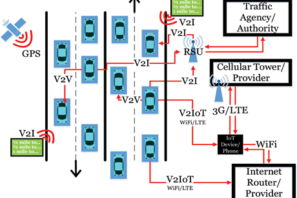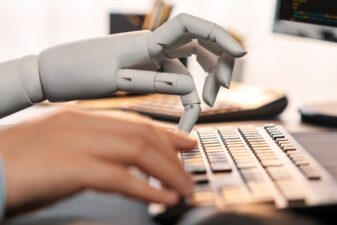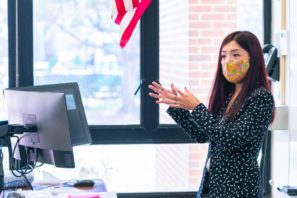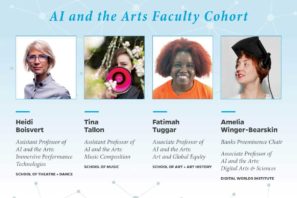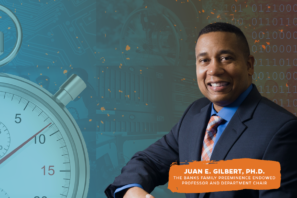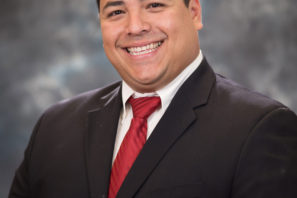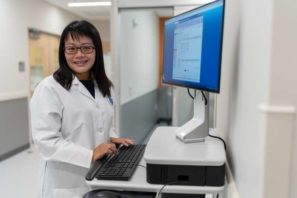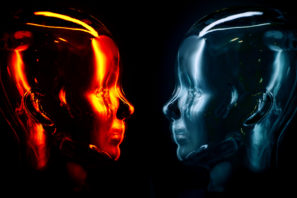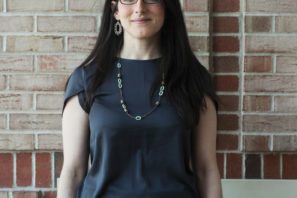Three leading researchers at the Warren B. Nelms institute for the Connected World are using AI to make the IoT more secure and efficient.
Stories written by the latest version of ChatGPT were nearly as good as those written by human authors, according to...
Building upon her background in corporate communication research, Public Relations Associate Professor Rita Men went into high gear during the pandemic to study effective communications from CEOs as well as chatbots used for social listening.
After an international search process, the College of the Arts welcomes Heidi Boisvert, Tina Tallon, Fatimah Tuggar, and Amelia Winger-Bearskin to professorships in AI and the Arts this fall. The cohort represents a variety of artistic and creative disciplines, with each member appointed to a different school or institute within the college.
To solve the elusive medical mystery of why many adults have both high blood pressure and depression, University of Florida Health researchers took a long, in-depth look at one suspected culprit: gut bacteria.
Juan E. Gilbert has created a ticketing system to help voters maintain social distancing while exercising their right to vote.
Alina Zare, one of the University of Florida’s leading artificial intelligence researchers, has been named director of the university’s Interdisciplinary...
Diego Alvarado believes it’s vital that society understands the role artificial intelligence plays in everything we do.
“Everybody is calling it the new electricity,” said Alvarado, an instructional assistant professor at the Herbert Wertheim College of Engineering at the University of Florida. “It’s under the hood of almost everything. We need to be able to understand it.”
University of Florida researchers are developing a new artificial intelligence tool that will help clinicians identify high-risk patients for opioid use disorder and overdose.
Artificial Intelligence (AI) has a color problem. Various studies have demonstrated how African Americans, in particular, are negatively affected by AI-based algorithms.
Faculty from UF Wertheim will play a pivotal role in providing data communications and application of AI to problems facing the agricultural sector.
No More Content

